Table of Contents
- Let’s value time Gordon Gekko style!
- 1. Time: One of a Kind and Indispensable
- 2. Modern Time Sink: A Lot of Time, A Lot of Time Wasted
- The Pillars of Effective Time Management: Frameworks and Practical Parameters to Live by
- 1. Proactive Planning: Prepare in Advance to Better your Performance:
- 2. Prioritization and Overcoming Personal Procrastination: Fixate what is Vital:
- 3. Routines and Habits: Turn On Your Permanente’s Efficiency
- The Art of Time Sharing
- 1. Sharing Time as a Resource
- 2. Using or Wasting Time Unnecessarily Interference with Low Value Activities:
- 3. Resourcing Giving with Receiving:
- Fostering a Sense of Plenty of Time:
- 1. Changing Your Perception of Time: Seeing It as an Ally
- 2. Balancing Productivity and Rest
- 3. Aligning Goals with Schedule to Create Meaning
- Conclusion: Choose the Best Way to Use Your Time Today
Let’s value time Gordon Gekko style!
1. Time: One of a Kind and Indispensable
Time is a more valuable asset than material possessions. Once it is lost it is never ever saved; replication for success is not an option even for the richest people in the world. On average, a person has about 700,000 hours in their lifetime. For example, when we take into account sleep, working, and performing basic daily requirements, we already cut off a substantial part of that.
Failing to control time can have disastrous outcomes; it can result in stress, dissatisfaction, and procrastination on one level and alter physical and psychological strength and efficiency on another. In fact, rather than equipping one to face challenges and create solutions, poor management of time transforms opportunities into challenges.
2. Modern Time Sink: A Lot of Time, A Lot of Time Wasted
More than ever, we have many technologies available meant to aid us in saving more time. However, the downside is that we also face a plethora of distractions in the form of apps and programs. An article by Digital Information World shows that adults spend up to 3 hours a day on their devices, scrolling and looking at useless content on social media.
Time we absolutely do not need could be better served by engaging in cognitively demanding activities such as learning, self-analysis as well as of others and taking the time to build relationships.
Let’s accept this contradiction, we say that we never have time, but we waste it on pointless things.
The Pillars of Effective Time Management: Frameworks and Practical Parameters to Live by
1. Proactive Planning: Prepare in Advance to Better your Performance:
To formulate is the key to the effective management of time across all spheres in life. According to the Pareto Principle, the 80 by 20 rule dictates that outcomes stem primarily from 20 percent of what was invested, and thus, key tasks ought to be prioritized. Other contemporary tools such as Google Calendar, Notion, or Todoist can also be of assistance.
Use the usel.es goal method where you need:
- Specific: What are you trying to achieve?
- Measurable: Where are you now, to stay enthusiastic?
- Achievable: Are what you want realistic enough?
- Relevant: Do these help to achieve your goals?
- Applicable: Do you have a deadline to complete it?
2. Prioritization and Overcoming Personal Procrastination: Fixate what is Vital:
In a place where there seems to be so much work and too little time, seeking the ability to know how to tackle tasks based on their level of importance is a pre requisite. One of the easiest and most effective tools is the Eisenhower Matrix:
- Important but urgent: Do these tasks Now.
- Important but not urgent: Schedule when to do these tasks.
- Not Important but Urgent: Appoint a person to do the tasks.
- Not Important and not Urgent: Get Rid of these tasks.
The advancement of technology comes with some downsides too, such as a decrease in productivity.
A study by the Digital Information World reveals, we receive notifications roughly 96 times a day which leads to frequent interruptions while we are carrying out tasks. It is recommended to turn off unimportant notifications and use the Pomodoro method (25 minutes of activity with 5 minutes of rest), as well as to set up an office to avoid distractions.
3. Routines and Habits: Turn On Your Permanente’s Efficiency
There was found that people who routinely do things are 40% more efficient than those who do not stick strictly to any time arrangements, routine was rather loose as described by the Journal of Behavioral Science. Routines serve the purpose of simplifying the set of activities that have to be done every day, this way more complicated ones can be tackled without expending too much mental effort.
Example of a Morning Routine:
- Establish a routine wherein you get up at the same time.
- Set aside 10 minutes for meditation and/or reflection.
- Strategize three things you plan to accomplish in a day at a maximum.
- Attempt to complete your hardest three tasks in an hour without distractions.
The Art of Time Sharing
1. Sharing Time as a Resource
Time spent is an excellent tool for creating valuable business and personal connections. As per the Harvard Study of Adult Development, being in quality relationships is vital for happiness and well-being in the long run.
The time spent with others whether family, friends and colleagues can create bonds that can have a positive effect on productivity and fulfillment.
Practical Examples:
- Set aside moments for quality such as meals together, conversations, or activities.
- For business or work, as much as possible set the meeting to be of a short duration which will ensure that time is not “wasted”.
2. Using or Wasting Time Unnecessarily Interference with Low Value Activities:
In our lives, there are low value activities that we engage in at least low value in terms of our goal achievement and or upholding our personal well being that take hours of our lives on a daily basis, and none comes close to being the most accurate measure for time than the American Time Use Survey which shows that adults engage in unproductive efforts for a gross average of across all sessions of the order of two hours on social media or watching videos.
In order to spend your shared time in the most meaningful manner, look for and remove non helpful moments from your time to ensure the most helpful moments areas followed:
- Limit Screen Time: Put restrictions on entertainment services and apps.
- Focus on Great Experiences: Add discussions, workshops, and any group related events in your calendar.
3. Resourcing Giving with Receiving:
When resourcing time there has to be a sustainable giving and receiving ratio to prevent one from getting burnt out and the chance to say no to some requests must be there only turn keep open for ones that are of value.
Balanced Resourcing Strategies:
- Setting Up Clear Priorities: Where it is needed, don’t take undertakings which will affect your personal or business goals.
- Misuse of Time Avoidance: Don’t make and keep appointments that inconvenience people or show up for appointments without being fully attended.
Fostering a Sense of Plenty of Time:
1. Changing Your Perception of Time: Seeing It as an Ally
Time is treated as a limitation and treated as a foe by many when in reality time should be treated as an abundance. When you shift your perception to considering time as an ally and focus only on the things that can still be done in the present, you will never run out of time.
Here’s how to change the way you view time:
- Relinquish Control: Always remember time is not only a resource but a tool so use it appropriately.
- Recognize Productivity AND Rest: While keeping in mind that there are plenty of important tasks that need to get done, understand the significance of taking a step back and relaxing when it’s time to do so.
2. Balancing Productivity and Rest
Always seeking high levels productivity can have a negative impact on motivation and creativity in the long run. However a study published in the Journal of Applied Psychology showed how taking small breaks throughout the work day can significantly boost productivity up to twenty percent.
Here’s how you can boost your productivity:
- Schedule Micro-Breaks: Try working for twenty-five minutes and resting for five to boost efficiency.
- Activities to Refresh your Mind: Taking a walk, yoga or meditation can be of great help to refresh your mind.
3. Aligning Goals with Schedule to Create Meaning
The only way to not feel overwhelmed by your schedule is to ensure everything you do through out your day is structured around your goals and values to ensure there is enough meaning to the tasks.
- Reflection: Will what I am engaged in on this particular day assist me in reaching my goals?
- Cut off time-wasters: Delete every activity that doesn’t promote your health or your long-term aspirations.
Conclusion: Choose the Best Way to Use Your Time Today
Time is the most precious resource you have. It takes discipline to invest, share and manage it with purpose meaning that you can invest in your daily routine and your future as well. Some things we discovered in relation to this are:
- To use time in a more effective fashion one need to first learn how to regard it.
- Having a system where you create a plan and select tasks in relation to their significance greatly benefits your productivity.
- Spending your time on appropriate things strengthens your bonds to other people and helps you become a better individual.
- Having an abundance mindset of time allows you to view time as a helpful instead of interfering.
Encourage yourself to begin now with one small task: locate one of the tasks that are unimportant and take their place with something significant either for you or together with the people you care about. William Penn once said: "What we want most is time, and what we use the least". Avoid wasting this precious asset.
In conclusion, being in control of your time enables you to control your life. Transform this asset into your best resource and strive to live each second to the fullest.







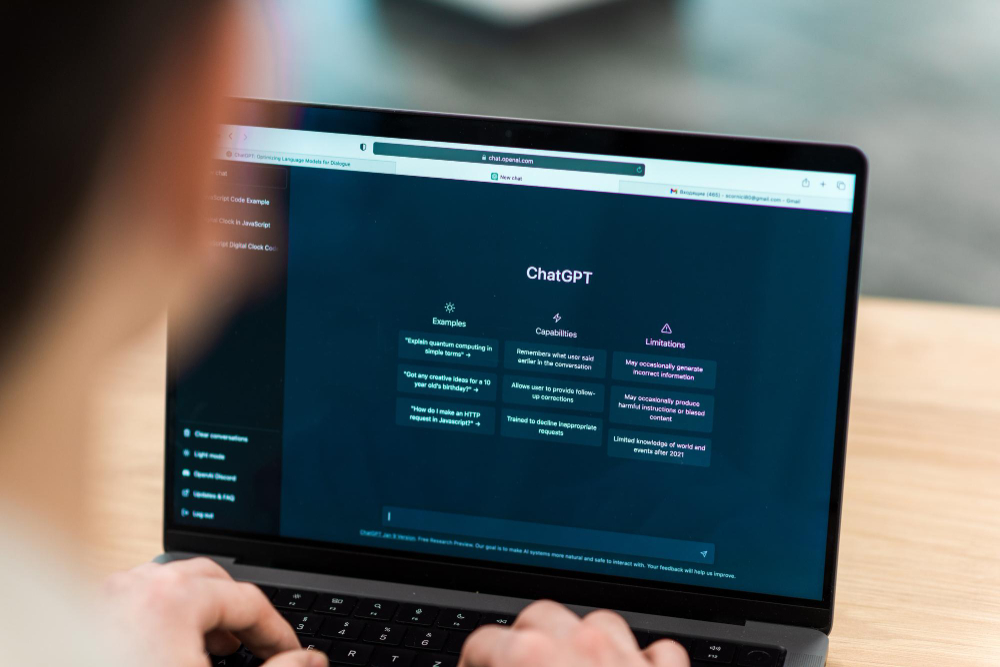





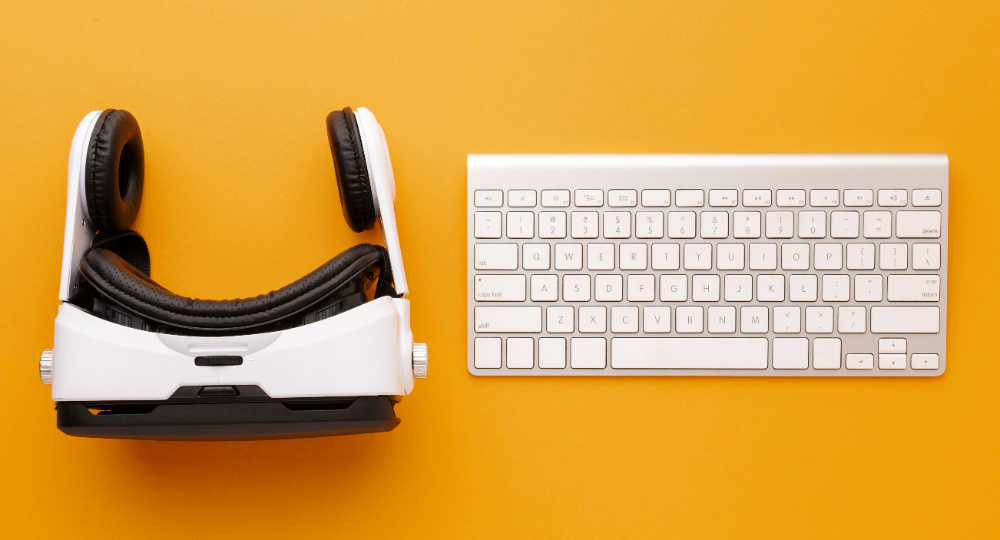
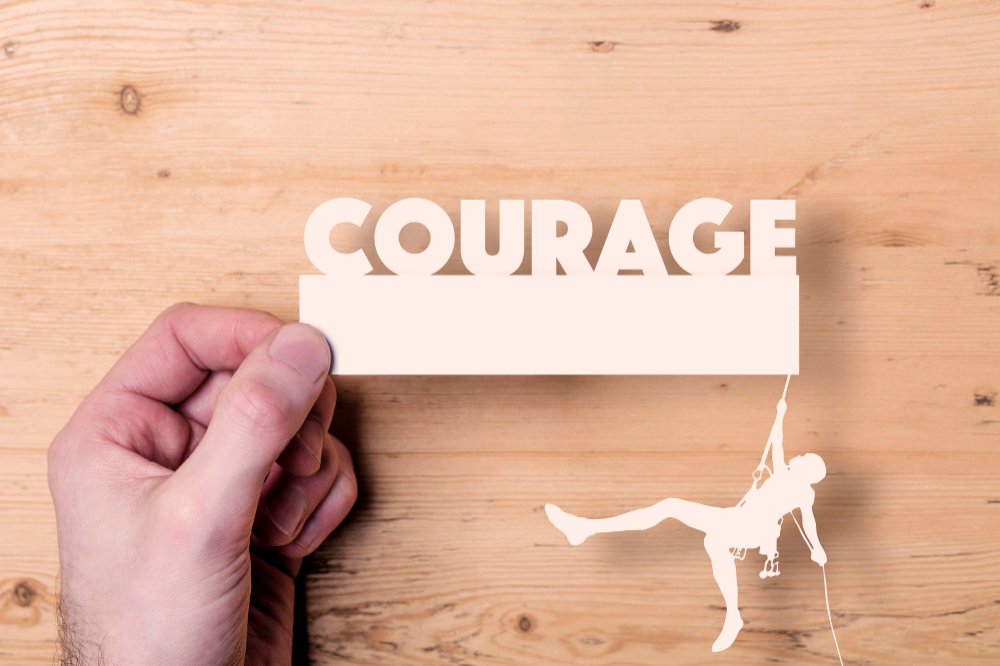


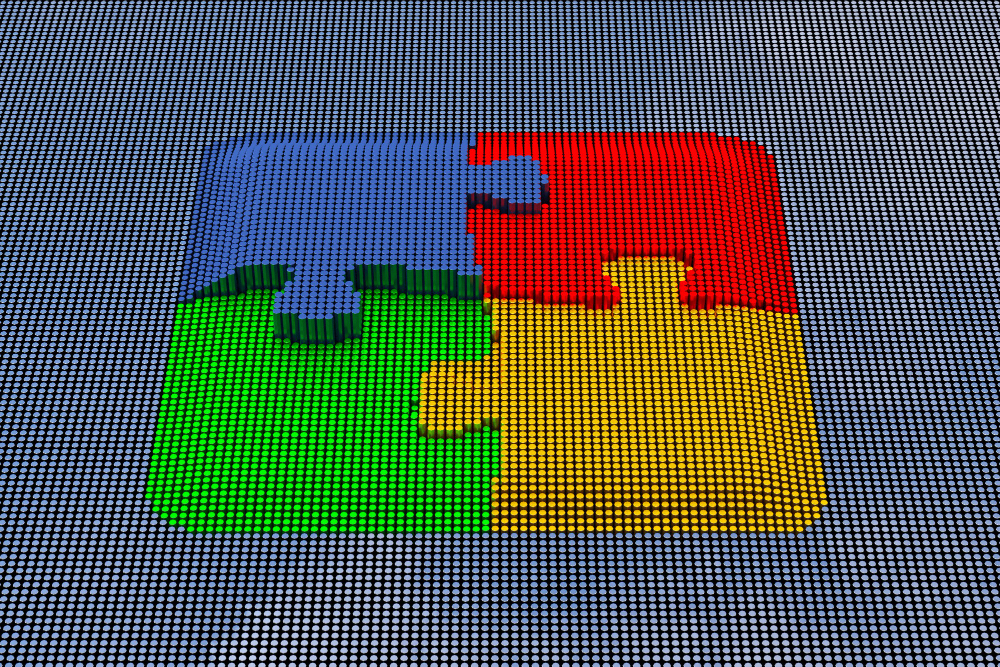





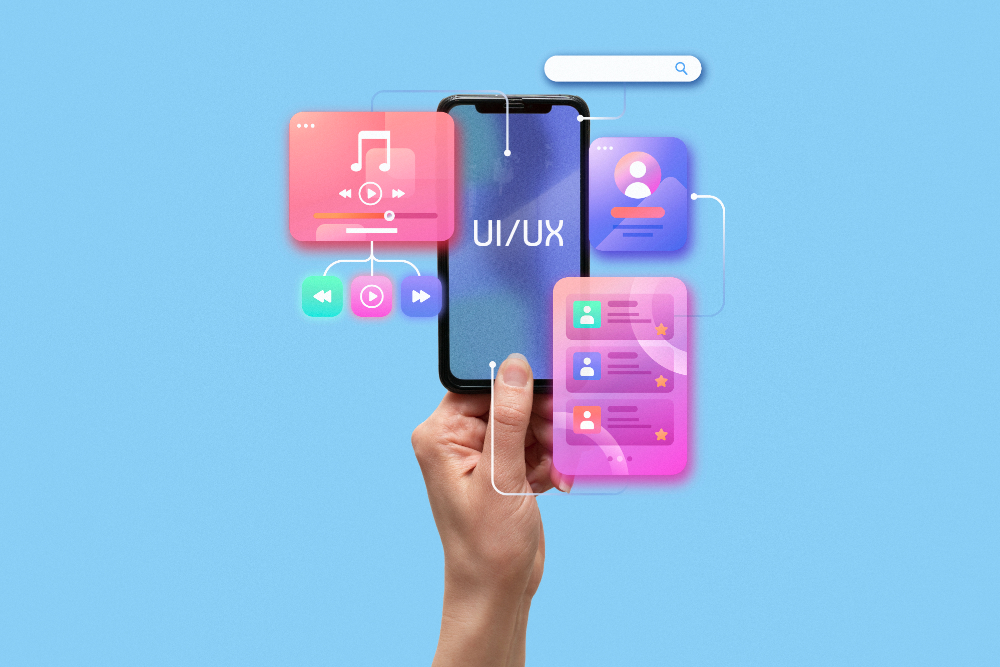



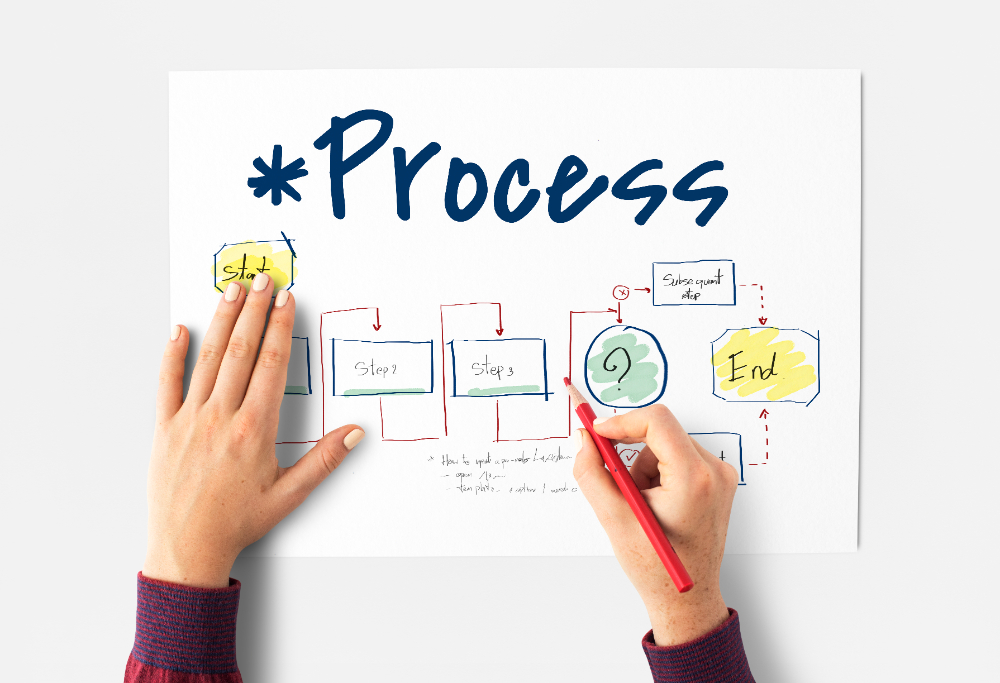





[…] and sharing time effectively is essential for fostering collaboration and achieving goals, particularly in an […]